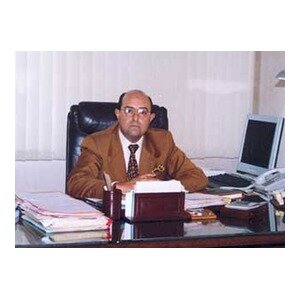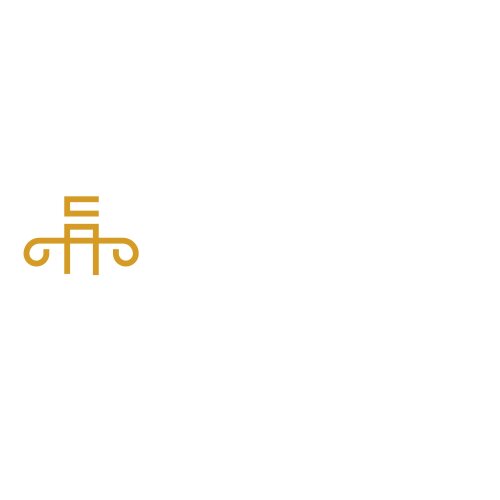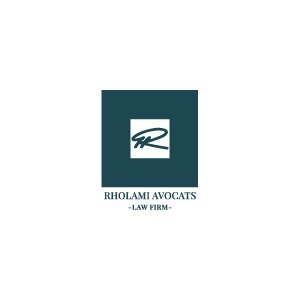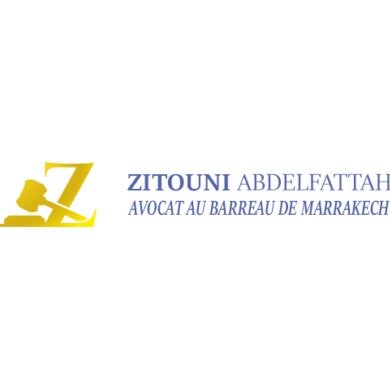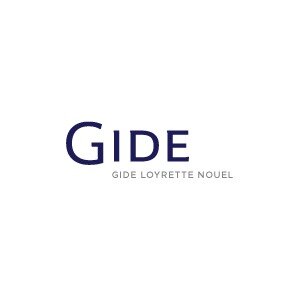Best Conveyancing Lawyers in Morocco
Share your needs with us, get contacted by law firms.
Free. Takes 2 min.
Free Guide to Hiring a Real Estate Lawyer
Or refine your search by selecting a city:
List of the best lawyers in Morocco
About Conveyancing Law in Morocco
Conveyancing in Morocco refers to the legal process involved in transferring ownership of property or real estate from one person or entity to another. This process encompasses drafting and reviewing contracts, conducting due diligence on the property, ensuring all legal requirements are met, and officially registering the property in the new owner's name. Moroccan conveyancing law is influenced by a mix of local legislation and French civil law principles. It is crucial that both buyers and sellers follow the proper procedures to ensure a valid and legally binding transfer of property rights.
Why You May Need a Lawyer
Engaging a lawyer during the conveyancing process in Morocco is highly advisable for several reasons:
- Language and Legal Barriers: Legal documents and procedures are generally in Arabic or French and can be complex for non-speakers.
- Verification of Ownership: Lawyers help confirm that the seller has legitimate ownership and that there are no hidden encumbrances.
- Due Diligence: Checking for any legal disputes, mortgages, or liens attached to the property.
- Contract Drafting: Ensuring the sale and purchase agreement is comprehensive and protects your interests.
- Regulatory Compliance: Navigating local regulations, obtaining necessary permits and clearances, and ensuring correct tax payments.
- Representation: Lawyers can represent clients in negotiations or before local authorities as needed.
Local Laws Overview
Several key legal elements pertain to conveyancing in Morocco:
- Title Deeds: Property ownership must be duly registered at the Land Registry (Conservation Foncière). The official title deed (titre foncier) is the sole proof of ownership.
- Notary Public Role: Notaries are public officers in Morocco, empowered to authenticate property transactions. All sales must be finalized in front of a notary who drafts the authenticated sale deed.
- Foreign Ownership: Non-Moroccan nationals are generally allowed to own property, though some restrictions exist for agricultural land and properties near borders.
- Due Diligence: The notary verifies title status, outstanding mortgages, debts, and compliance with planning regulations, but hiring a separate lawyer for independent checks is strongly recommended.
- Taxes and Fees: Buyers typically pay registration fees, notary fees, and taxes, which can range from 4 to 6 percent of the property price, in addition to stamp duty and other incidental costs.
- Pre-Sale Agreement: A preliminary contract (promesse de vente) may be signed before the final deed. This commits both parties and may involve a deposit.
- Land Registration: Final ownership is only official once the transaction is registered with the Land Registry, a process handled by the notary.
Frequently Asked Questions
What does the conveyancing process involve in Morocco?
Conveyancing typically includes property discovery, negotiation of terms, due diligence, signing a preliminary agreement, notarized sale contract, payment of purchase price and taxes, and registration of ownership with the Land Registry.
Is it mandatory to use a notary in property transactions?
Yes, Moroccan law requires property sales to be authenticated by a public notary, who prepares and registers the official deed of sale. However, a lawyer can provide additional protection and independent advice.
Can foreign nationals purchase property in Morocco?
Yes, foreigners can buy most types of Moroccan property, though restrictions may apply to agricultural land and properties near certain borders.
How can I confirm the title is clear and the property has no debts?
A lawyer or notary can obtain an official land certificate (certificat de propriété) from the Land Registry, which shows current ownership and any encumbrances.
What are the basic taxes and fees involved in Moroccan conveyancing?
Typical costs include registration fees, notary fees, local taxes, and stamp duties. Buyers should prepare for total fees amounting to roughly 6 to 7 percent of the property's value.
Do I need to be physically present in Morocco to complete a purchase?
No, you can appoint a legal representative through a power of attorney to handle all aspects of the transaction on your behalf.
What is a promesse de vente?
This is a preliminary sale agreement that binds the buyer and seller, often accompanied by a deposit. It precedes the final notarized deed of sale.
How long does the conveyancing process typically take?
The process can take from a few weeks to several months, depending on due diligence, verification of documents, and administrative procedures.
What documents are required from the seller?
Sellers must provide the title deed (titre foncier), property plans, proof of payment of taxes, and in some cases clearance certificates from relevant authorities.
Can disputes arise after the property is purchased?
Yes, disputes over boundaries, easements, prior debts, or hidden defects can arise. Hiring a lawyer can significantly reduce these risks by ensuring comprehensive due diligence.
Additional Resources
For further assistance and reliable information regarding conveyancing in Morocco, consider contacting or consulting the following:
- La Conservation Foncière: The Moroccan Land Registry responsible for registering property ownership.
- Order of Moroccan Notaries (Ordre National des Notaires): Lists authorized notaries throughout Morocco.
- Ministry of Justice (Ministère de la Justice): Provides information on property laws and legal processes.
- Moroccan Bar Association (Ordre des Avocats): For finding qualified property lawyers and legal representatives.
- Chambers of Commerce: Offer general guidance for foreign investors and property purchasers.
Next Steps
If you are considering buying or selling property in Morocco, start by gathering all necessary property documents and clearly outlining your objectives. Consult with a qualified Moroccan property lawyer, who can guide you through the legal process, draft or review contracts, and represent you before notaries and local authorities. Confirm the notary's credentials and ensure all taxes and fees are budgeted for in advance.
Finally, always ensure that the transaction is fully registered with the Land Registry to secure your ownership rights. Early legal advice can prevent serious complications and give you peace of mind throughout the conveyancing process.
Lawzana helps you find the best lawyers and law firms in Morocco through a curated and pre-screened list of qualified legal professionals. Our platform offers rankings and detailed profiles of attorneys and law firms, allowing you to compare based on practice areas, including Conveyancing, experience, and client feedback.
Each profile includes a description of the firm's areas of practice, client reviews, team members and partners, year of establishment, spoken languages, office locations, contact information, social media presence, and any published articles or resources. Most firms on our platform speak English and are experienced in both local and international legal matters.
Get a quote from top-rated law firms in Morocco — quickly, securely, and without unnecessary hassle.
Disclaimer:
The information provided on this page is for general informational purposes only and does not constitute legal advice. While we strive to ensure the accuracy and relevance of the content, legal information may change over time, and interpretations of the law can vary. You should always consult with a qualified legal professional for advice specific to your situation.
We disclaim all liability for actions taken or not taken based on the content of this page. If you believe any information is incorrect or outdated, please contact us, and we will review and update it where appropriate.
Browse conveyancing law firms by city in Morocco
Refine your search by selecting a city.







